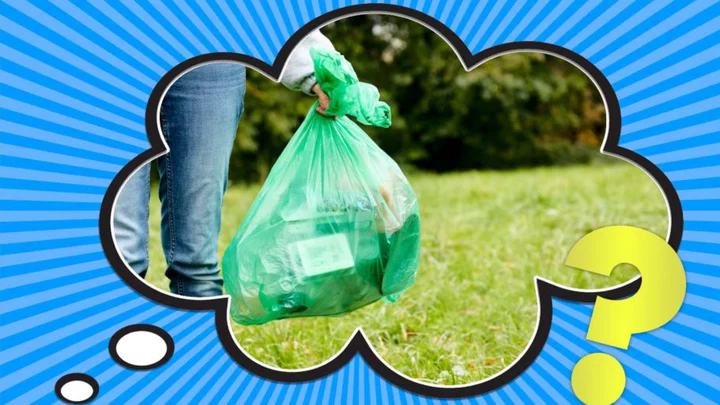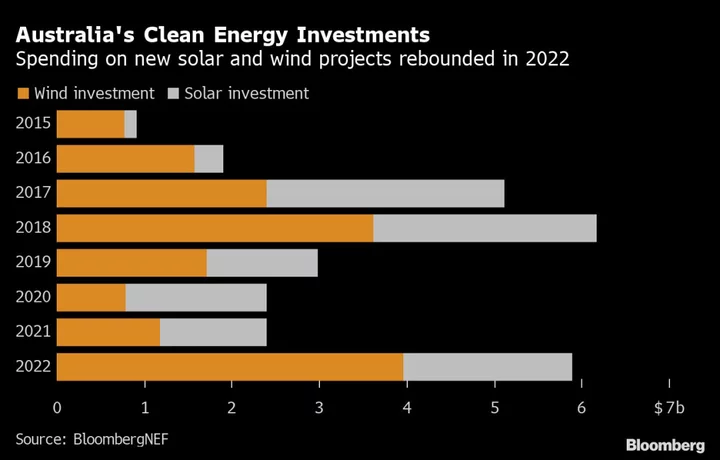Having a positive environmental impact can seem daunting—until you realize that even small changes in behavior can offer a benefit. One of the most common suggestions is to eliminate or reduce single-use plastic bags from your shopping errands. That’s because the bags decompose slowly, causing them to linger in landfills. But how long does a plastic bag really stick around?
According to the Center for Biological Diversity, it takes about 1000 years (10 centuries) for a bag to “decompose.” But that’s a bit of a misnomer. Because most microorganisms can’t eat plastic, it winds up photodegrading from ultraviolet radiation. And even when bags disintegrate, they leave behind microplastics that can continue to have an adverse effect on the environment.
While 1000 years sounds foreboding, it is, of course, an estimate. Plastic bags have only been around since the 1950s or so, meaning that civilization has never actually observed a real-time decomposition of the material. Instead, scientists use respirometry tests in which materials are placed in aerated soil filled with microbes, and then measure the CO2 the microbes produce as they break down the material. If it's an organic substance like food waste, CO2 levels rise, and that gives scientists an estimate of its decomposition rate. But plastic bags don’t result in any CO2 production, meaning microbes are not eating them—the bags are just sitting there, defiantly intact. If plastic bags aren’t exposed to ultraviolet radiation because they're buried in a landfill, they’ll be around for a very long time.
The environmental cost of bags isn’t limited to their discarding. Making bags requires fossil fuels—by one estimate, 12 million barrels of oil annually. And once a bag ends its useful life in the hands of consumers, it can enter the wildlife food web. Animals like birds and fish eat the plastic, which accumulates along the food chain.
While limiting use of plastic bags is a good idea, grabbing a cloth bag may not be the planet-saving habit you think it is. The cloth totes still have a significant carbon footprint that require thousands of uses to offset. A better idea is to reuse whatever bags you already have at home, cloth or plastic, to do your heavy lifting.
Have you got a Big Question you'd like us to answer? If so, let us know by emailing us at bigquestions@mentalfloss.com.
This article was originally published on www.mentalfloss.com as How Long Does It Really Take for a Plastic Bag to Decompose?.









